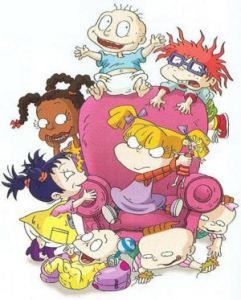The Parent's Vanishing Authority

October 14, 2009

From Al Mohler:
Literary critic Lionel Trilling once referred to "the dark and bloody crossroads where literature and politics meet." In reality, almost all literature is political in some sense. Oddly enough, the most explicitly subversive literature is often presented to the very youngest among us -- our children. Far too many parents seem not to notice.
In "The Defiant Ones," a recent essay published in the New Yorker, Daniel Zalewski argues that picture books for children now reflect a world turned upside down in terms of the relationship between parent and child. As he explains, in the newest picture books for children, the kids are solidly in charge.
In this sense, the books we read to our children reflect the cultural values of our age. Inescapably, these narratives for children reveal far more than a storyline. Indeed, the books tell us more than we may want to know about the tenor of our times.
And Zalewski explains:
Like the novel or the sitcom, the picture book records shifts in domestic life: newspaper-burrowing fathers have been replaced by eager, if bumbling, diaper-changers. Similarly, the stern disciplinarians of the past—in Robert McCloskey books, parents instruct children not to cry—have largely vanished. The parents in today’s stories suffer the same diminution in authority felt by the parents reading them aloud (an hour past bedtime). The typical adult in a contemporary picture book is harried and befuddled, scurrying to fulfill a child’s wishes and then hesitantly drawing the line.




